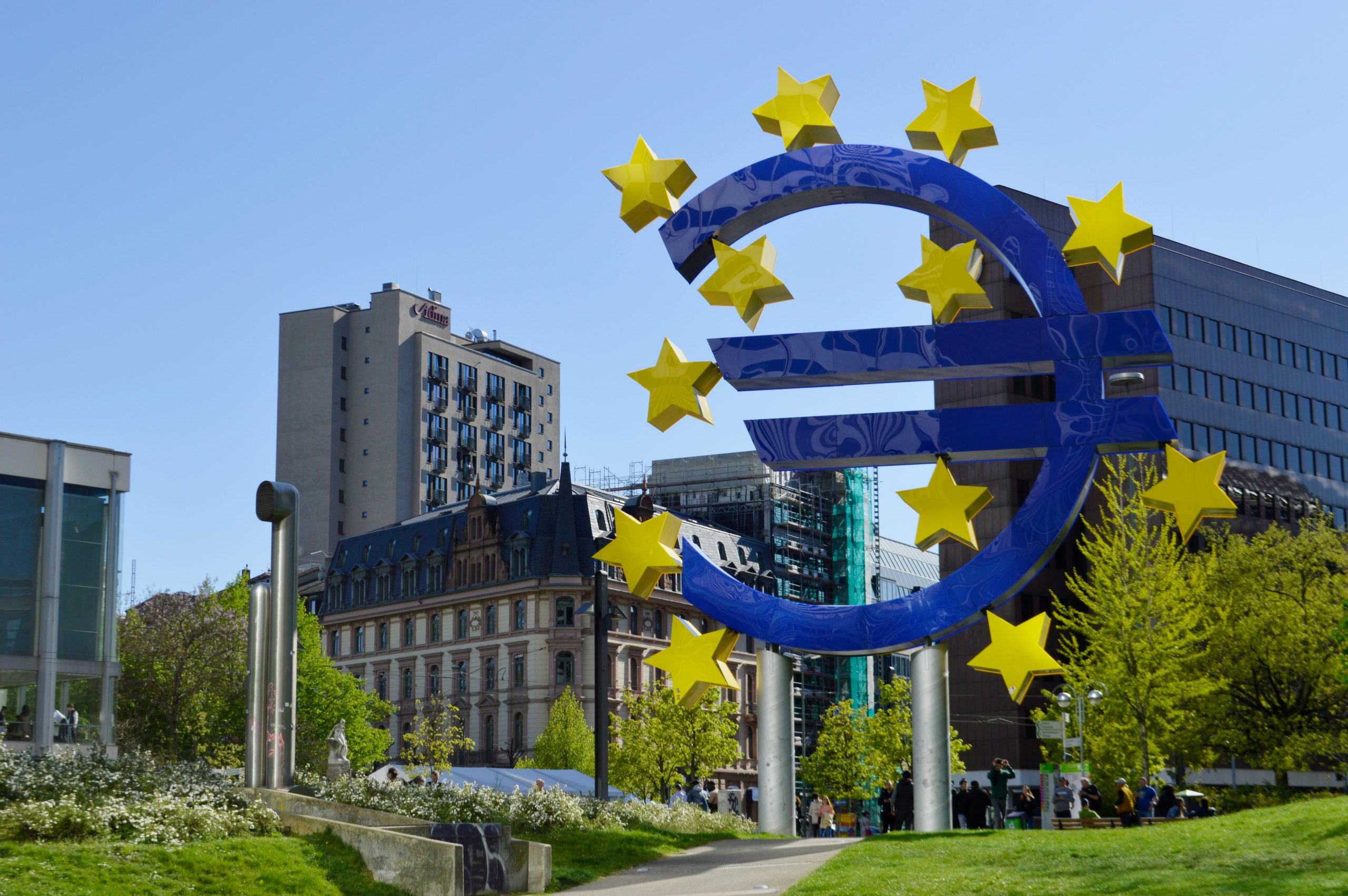The European Union’s proposed trade restrictions against Israel are a political and diplomatic failure disguised as a show of force. The plan, which would suspend parts of the EU-Israel Association Agreement, is more of a moral gesture than an effective tool to pressure Israel. The fact that the measures are unlikely to pass due to the deep divisions among member states exposes the EU’s weakness on the world stage.
The EU is once again demonstrating that its collective values are often undermined by internal political squabbles, rendering its foreign policy toothless.
Why the EU’s Action Is Merely Symbolic
While the plan to suspend trade provisions and sanction “extremist ministers” sounds tough, its practical effect would be minimal. The estimated annual economic impact of the trade restrictions is a paltry €227 million, a drop in the ocean for a country with a vibrant, diversified economy.

This is a far cry from a full-scale trade embargo and it’s a measure that Israel can easily absorb. The real problem lies in the EU’s decision-making process itself. The need for a qualified majority for trade restrictions and unanimity for sanctions means a single member state can veto the entire proposal.
With countries like Germany and Italy firmly opposing tougher measures, this package was dead on arrival. The EU’s stilted response shows that its stated principles on human rights and international law are secondary to the political interests of its individual members.
Why It Matters
If the EU is serious about influencing the Gaza conflict, it must radically change its approach.
To start with, the EU needs to overcome its crippling voting rules. The current requirement for agreement on sanctions allows a single member state to paralyze the entire bloc. The EU should move toward qualified majority voting for foreign policy decisions. This would prevent a handful of states from holding the entire union hostage and would allow the EU to respond swiftly and meaningfully to future crises.
Additionally, the EU must shift its focus from symbolic gestures to a unified, targeted strategy. Instead of a package of half-measures, the EU should coordinate with its members on a clear plan, even if it starts with less-than-ideal solutions.
For example, a unified and public call for a permanent ceasefire, combined with targeted sanctions on individuals directly involved in human rights abuses, would be a more effective use of the EU’s collective power than a piecemeal, largely toothless trade suspension.
The EU must recognize that its strength lies in its unity, and that without it, its foreign policy will remain nothing more than empty rhetoric.

















